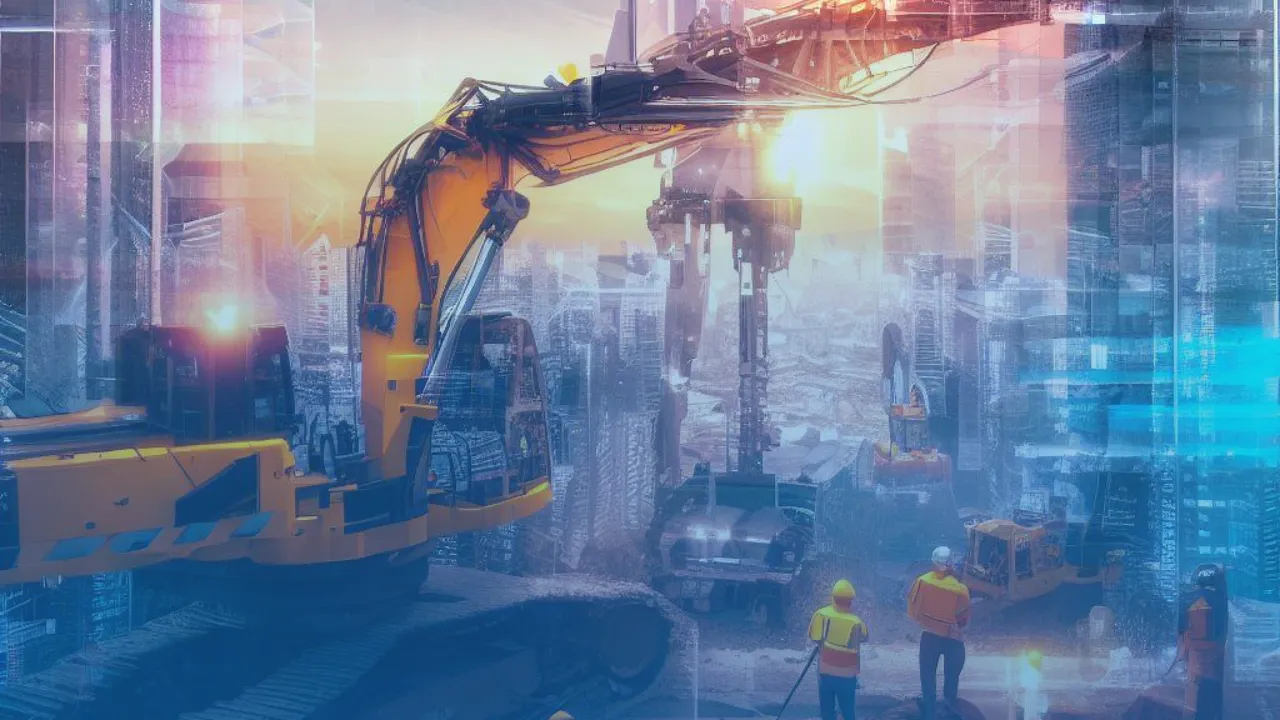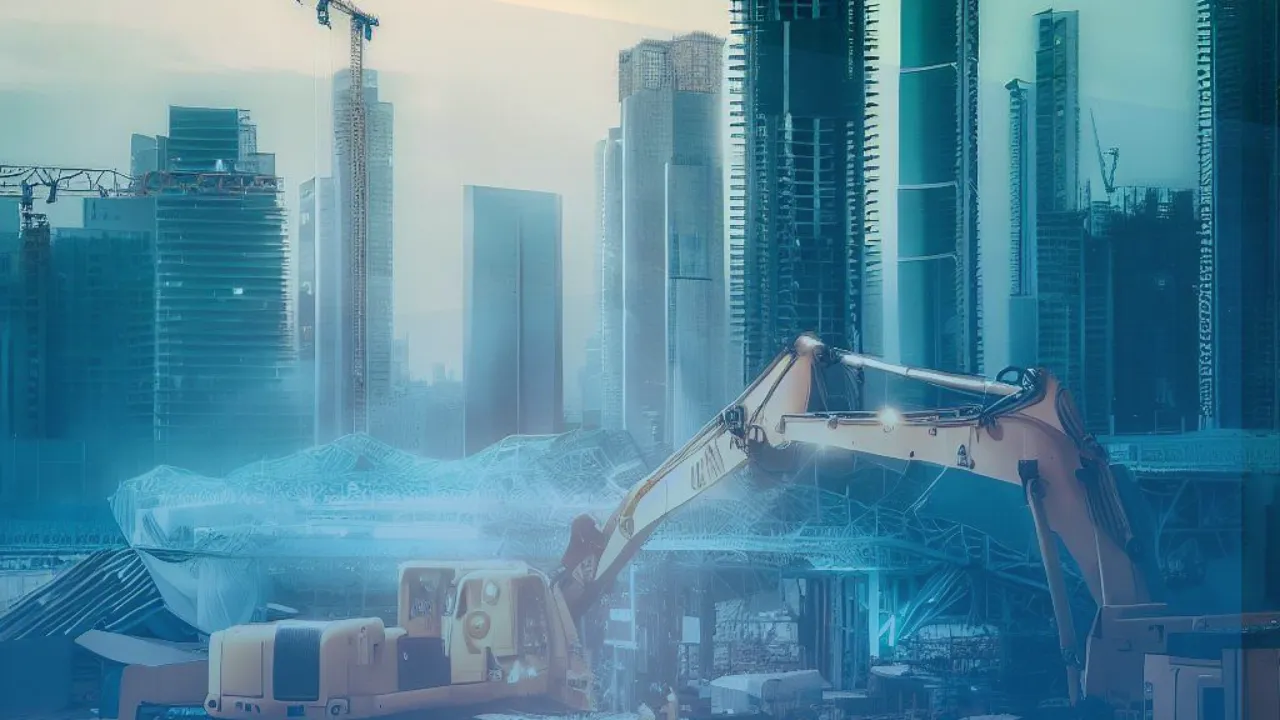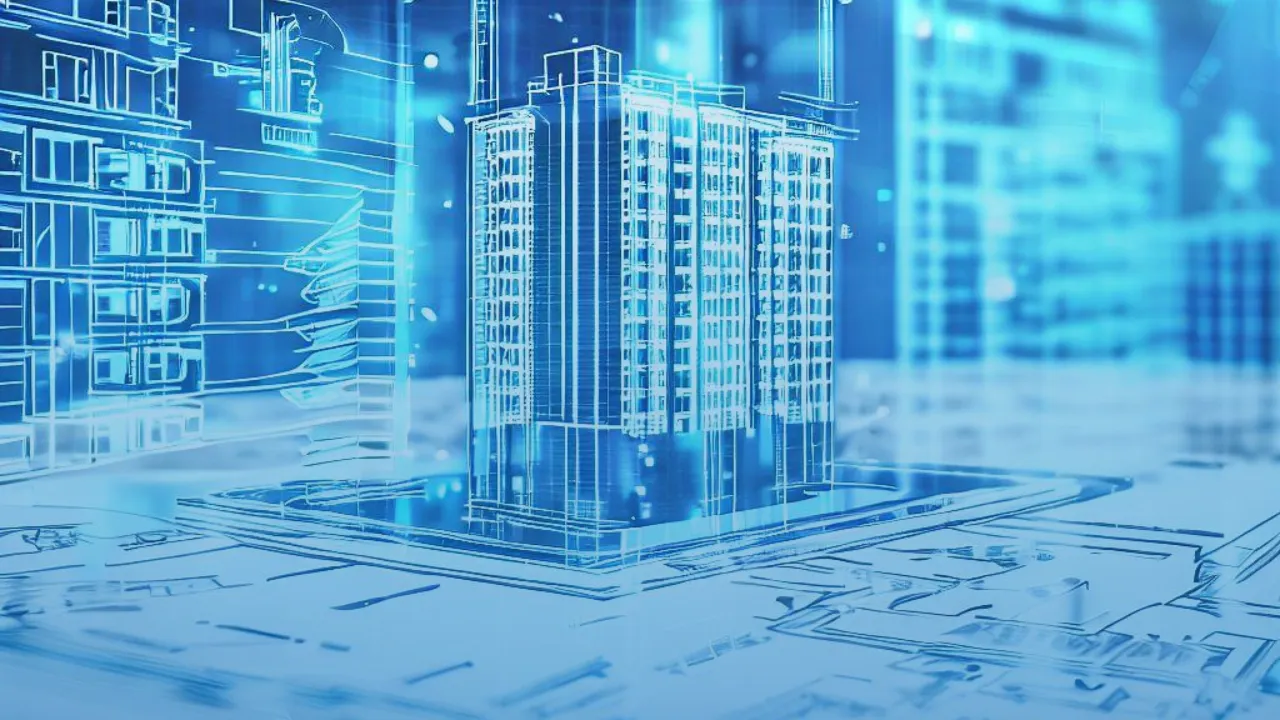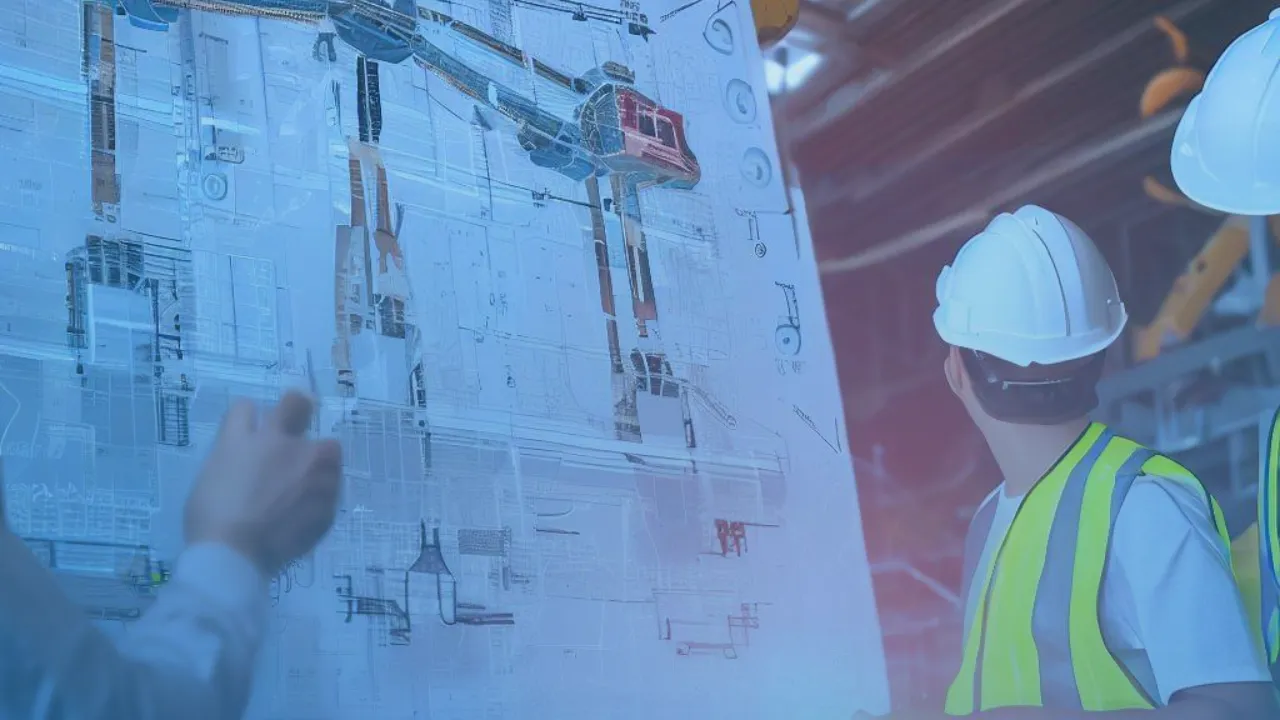How AI Will Revolutionize the Construction Industry
|
|
2 JULY 2023 |
How AI Will Revolutionize the Construction Industry
Explore how artificial intelligence technologies are revolutionizing construction processes, improving productivity, enhancing safety measures, and enabling more efficient project management. Learn about the cutting-edge applications of AI, such as predictive analytics, autonomous equipment, and smart building systems, that are reshaping the future of construction.
Table of Contents
- Introduction: The Rise of AI in Construction
- AI-Powered Design and Planning
- Streamlining Project Management with AI
- Enhancing Construction Safety with AI
- AI-Enabled Robotics and Automation
- Optimizing Resource Allocation with AI
- Predictive Analytics and AI in Construction
- AI-Assisted Quality Control and Inspection
- The Future of AI in the Construction Industry
- Conclusion
- FAQ
1. Introduction: The Rise of AI in Construction
In this digital era, artificial intelligence (AI) has emerged as a disruptive force across various industries, and the construction sector is no exception. With its potential to automate processes, optimize resource allocation, improve safety, and enhance productivity, AI is gradually reshaping the construction industry. This article delves into the transformative capabilities of AI and its applications in different facets of construction.
2. AI-Powered Design and Planning
AI-driven technologies are revolutionizing the design and planning stages of construction projects. By leveraging machine learning algorithms, AI systems can analyze vast amounts of data, including blueprints, building codes, and previous project data, to generate optimized design options and efficient project plans. This leads to better utilization of space, reduced costs, and improved sustainability.
3. Streamlining Project Management with AI
Efficient project management is vital for successful construction projects. AI tools and platforms provide real-time project monitoring, resource tracking, and scheduling optimization. By leveraging AI, construction businesses can streamline project workflows, identify potential bottlenecks, and ensure on-time project delivery. AI-enabled project management systems also facilitate effective communication and collaboration among project stakeholders.
4. Enhancing Construction Safety with AI
Safety is a paramount concern in the construction industry, and AI has the potential to make construction sites safer for workers. AI-powered video analytics and computer vision systems can monitor construction sites in real-time, detecting safety hazards, identifying unsafe practices, and alerting project managers. Additionally, wearable devices equipped with AI algorithms can monitor workers' vital signs, reducing the risk of accidents and enhancing overall safety.
5. AI-Enabled Robotics and Automation
Robots and automation technologies are increasingly being integrated into construction processes, thanks to AI. AI-enabled robots can handle repetitive tasks, such as bricklaying, concrete pouring, and material handling, with precision and efficiency. These robots not only improve productivity but also reduce labour costs and minimize the risk of human errors.
6. Optimizing Resource Allocation with AI
Efficient resource allocation is crucial for construction projects to stay within budget and meet project deadlines. AI algorithms can analyze historical data, market trends, and project requirements to optimize resource allocation. From materials and equipment to labor and subcontractors, AI systems can make accurate predictions and recommendations, leading to cost savings and improved project outcomes.
7. Predictive Analytics and AI in Construction
Predictive analytics powered by AI can provide valuable insights into construction projects. By analyzing historical data, weather patterns, and other relevant factors, AI algorithms can forecast project timelines, potential risks, and cost variations. This enables proactive decision-making, risk mitigation, and improved project planning.
8. AI-Assisted Quality Control and Inspection
Ensuring quality control and conducting inspections are critical aspects of construction projects. AI-powered image
recognition and machine learning algorithms can analyze visual data captured during inspections, identifying defects, deviations, and quality issues. This expedites the inspection process, improves accuracy, and reduces rework, thereby enhancing overall project quality.
9. The Future of AI in the Construction Industry
As AI continues to evolve, its potential in the construction industry is boundless. Future advancements may include AI-powered drones for site surveys and aerial monitoring, virtual reality (VR) and augmented reality (AR) for immersive project visualization, and AI-driven predictive maintenance for infrastructure. By embracing AI technologies, construction businesses can gain a competitive edge and transform their operations.
Conclusion
The construction industry is on the cusp of a technological revolution fueled by AI. From design and planning to project management, safety, and quality control, AI offers immense potential for enhancing construction processes. Embracing AI-driven solutions can lead to increased efficiency, improved safety, cost savings, and better project outcomes. The construction industry must adapt to the changing landscape and harness the power of AI to stay ahead in a rapidly evolving market.
FAQ
AI is not meant to replace human workers but to augment their capabilities. While AI can automate certain tasks and improve efficiency, human expertise and creativity remain indispensable in construction.
The initial investment in AI technologies may vary, but the long-term benefits often outweigh the costs. AI-driven solutions can lead to cost savings through improved efficiency, reduced rework, and optimized resource allocation.
AI can optimize building designs for energy efficiency, analyze environmental data for sustainable material choices, and enable predictive maintenance to minimize waste and maximize the lifespan of infrastructure.
Many AI solutions are designed to integrate with existing software and systems, ensuring a smooth transition and minimal disruption to ongoing construction processes.
While technical expertise is essential, collaboration and change management skills are equally important. Organizations need to foster a culture of innovation and provide adequate training to empower their workforce to leverage AI effectively.











